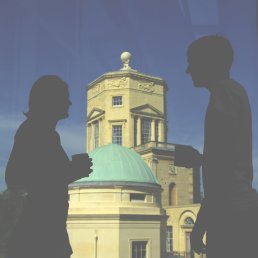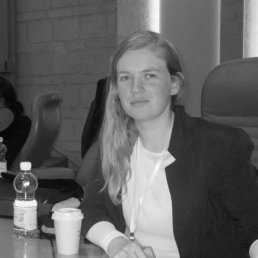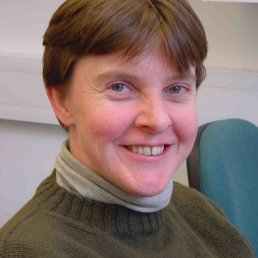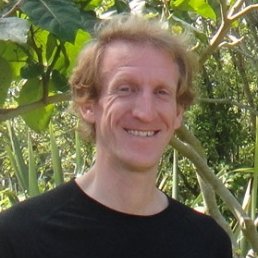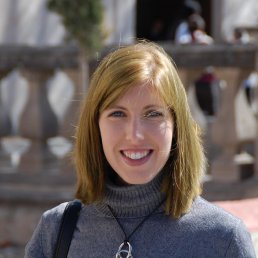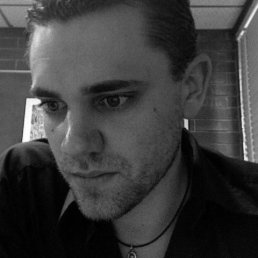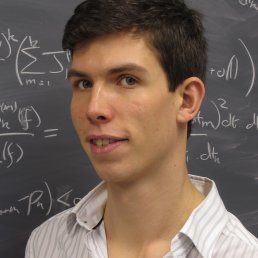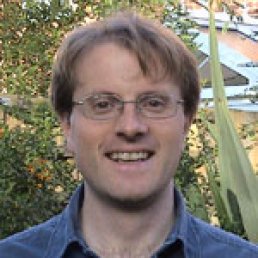Featuring
Peter Grindrod, Director of the Oxford-Emirates Data Science Lab, Oxford Mathematical Institute
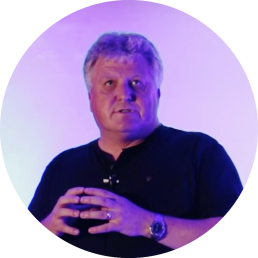
Geraint Lloyd, Senior Software Engineer, Schlumberger
[[{"fid":"45910","view_mode":"media_square","fields":{"format":"media_square","field_file_image_alt_text[und][0][value]":"Geraint Lloyd","field_file_image_title_text[und][0][value]":"Geraint Lloyd"},"type":"media","attributes":{"alt":"Geraint Lloyd","title":"Geraint Lloyd","height":"258","width":"258","class":"media-element file-media-square"}}]]
Mick Pont, VP Research and Development, Numerical Algorithms Group (NAG)
[[{"fid":"45911","view_mode":"media_square","fields":{"format":"media_square","field_file_image_alt_text[und][0][value]":"Mick Pont","field_file_image_title_text[und][0][value]":"Mick Pont"},"type":"media","attributes":{"alt":"Mick Pont","title":"Mick Pont","height":"258","width":"258","class":"media-element file-media-square"}}]]
Anna Railton, Technical Staff, Smith Institute
[[{"fid":"45912","view_mode":"media_square","fields":{"format":"media_square","field_file_image_alt_text[und][0][value]":"Anna Railton","field_file_image_title_text[und][0][value]":"Anna Railton"},"type":"media","attributes":{"alt":"Anna Railton","title":"Anna Railton","height":"258","width":"258","class":"media-element file-media-square"}}]]
Michele Taroni, Senior Project Manager, Roxar
[[{"fid":"45913","view_mode":"media_square","fields":{"format":"media_square","field_file_image_alt_text[und][0][value]":"Michele Taroni","field_file_image_title_text[und][0][value]":"Michele Taroni"},"type":"media","attributes":{"alt":"Michele Taroni","title":"Michele Taroni","height":"258","width":"258","class":"media-element file-media-square"}}]]


